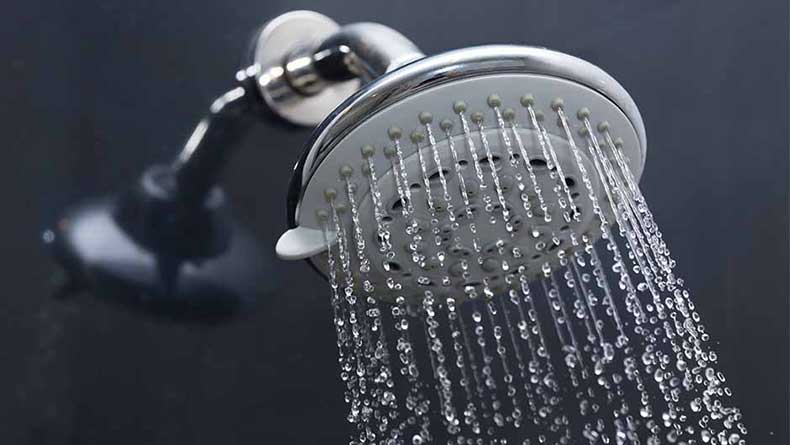A recent study published in Sleep Medicine Reviews suggests that bathing before going to bed can help to improve sleep quality; finding a link between bathing/showering in either warm or hot water and improved sleep quality. The researchers noted that bathing 1-2 hours before going to bed with water that is around 104-109 degrees Fahrenheit is beneficial for sleep.
“When we looked through all known studies, we noticed significant disparities in terms of the approaches and findings,” said lead author Shahab Haghayegh. “The only way to make an accurate determination of whether sleep can, in fact, be improved was to combine all the past data and look at it through a new lens.”
In collaboration with the UT Health Science Center at Houston and the University of Southern California researchers from the University of Texas used systematic review protocols to review and analyze 5,322 studies exploring the effects of water based passive body heating on various sleep related conditions including sleep onset latency, total sleep time, sleep efficiency, and subjective sleep quality.
Meta analytical tools were utilized to examine the consistency between the relevant studies to reveal that there is an optimal temperature of between 104-109 degrees Fahrenheit that can help individuals achieve improvements in their overall sleep quality, and having a bath at least 1-2 hours before going to sleep can speed up the sleep onset latency on average by 10 minutes.
Studies have established a link between water based body heating methods and improved sleep. Researchers claim that the body’s core temperature and sleep are being regulated by a circadian clock within the hypothalamus, which is the part of the brain that drives 24 hours patterns for most biological processes such as sleeping and wakefulness.
Body temperature is also known to be involved in the regulation with the sleep/wake cycle; there is a 2-3 degree Fahrenheit increase in the late afternoon or early evening compared to while sleeping when the body’s core temperature is at its lowest point. Circadian temperature cycles on average can be characterized by a reduction of 0.5- 1 degree Fahrenheit about an hour before usual bedtime, with the temperature gradually decreasing overnight to reach the lowest point during the middle and later parts of sleep, after which temperature gradually increases to act as the body’s natural alarm clock. Maintaining these temperature cycles is important to achieving a fast sleep onset latency and increased/higher sleep efficiency.
According to the researchers the optimal bathing time before bed to help improve sleep is about 90 minutes before going to sleep. The warm water influences the body’s thermo-regulatory system to allow an increase in blood circulation which results in the efficient removal of body heat and a reduction in body temperature. Taking baths/showers at the correct biological time can help the natural circadian temperature cycle which can increase the chances of falling to sleep quickly. The researchers are looking to develop a commercially viable bed that utilizes thermal stimulation technology to help improve sleep.




